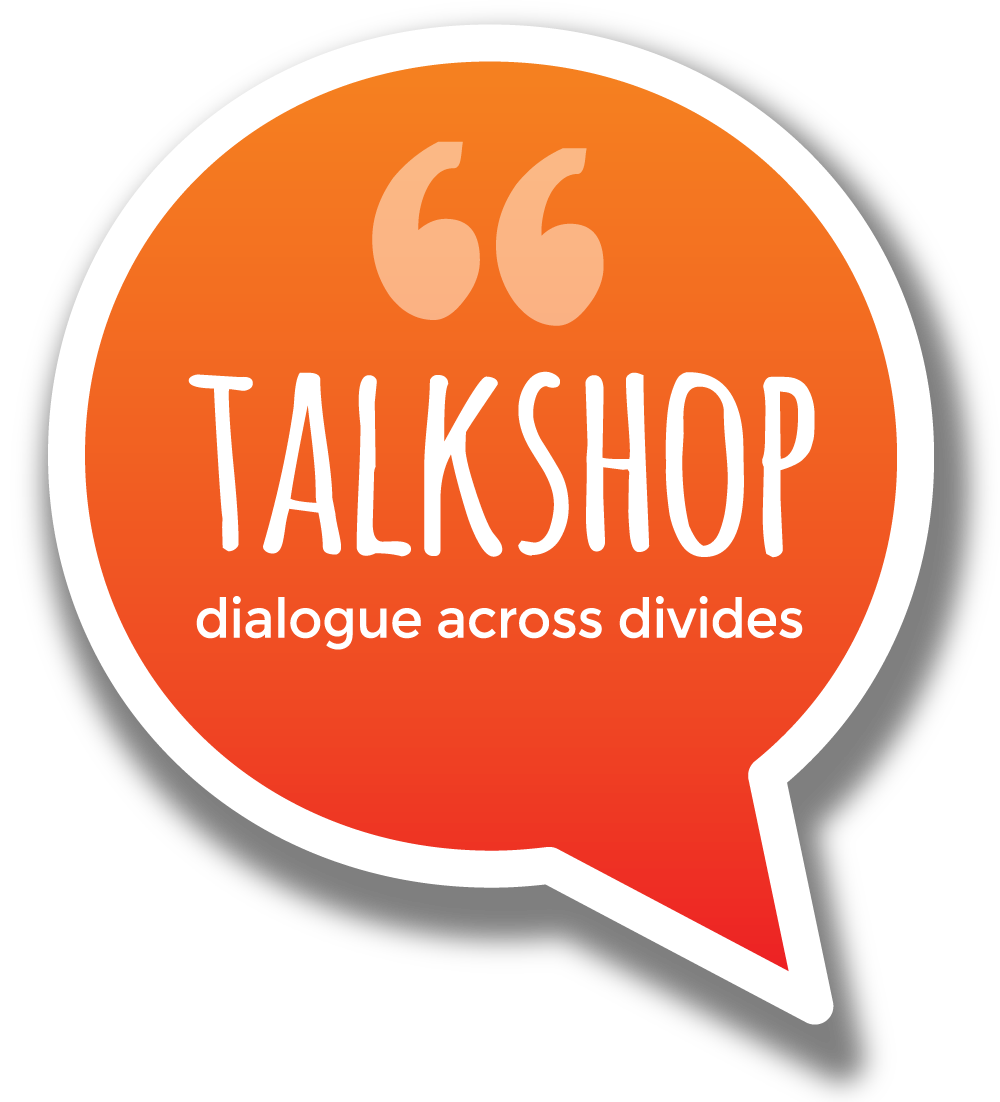There’s been time to reflect on the significance of the referendum in the aftermath of the 23 June. Here’s one view – from Martin Yarnit – and we welcome your response in the comments box below.
The EU referendum has been an object lesson in how to polarise discussion and reduce citizen trust in the political system. There was precious little dialogue between those who warned of the risks of leaving and those who were preoccupied with the damage caused by open borders and campaigned for ‘bringing back control’.
Yet it could have been done better. The experience of referendums in Ireland, Switzerland and Canada, as Alan Renwick shows in ‘After the (Scottish) Referendum: options for a constitutional convention’ is that active democracy improves decision-making, generates policies that have public support and improves political trust. But that means ensuring that voters are well informed and that public debate is designed to seek common ground to address widely perceived problems such as immigration and its impact on public services.
In the run up to the EU Referendum, we at Talk Shop set up a series of ten discussions across the country, from Leeds to London via Huntingdon and Worcester, and worked to generate trustworthy information so that ordinary people were better equipped to make an informed decision on 23 June. For us, the emphasis has been on participation and dialogue in contrast to the passivity of traditional debates. That is what we mean by active democracy. Across the country, those who took part in the discussions have been telling us that they felt at ease in the events we have set up and even found them enjoyable. Not surprisingly – because we have set out to be impartial and to encourage participants to listen to each other, calmly and respectfully. A key feature of the events has been for people to put the opposing side’s case, echoing Immanuel Kant’s notion that to reason publicly is to “think from the standpoint of everyone else.”
Nevertheless, the feelings most strongly expressed by those taking part in the discussions were bafflement and frustration. Bafflement because of the difficulty in making sense of radically conflicting claims and frustration with the lack of reliable information.
There are lessons to be drawn from all this before the nation decides to never have a referendum again. First, as Peter Emerson of the Belfast De Borda Institute has proposed, ‘For any future referendum, therefore, an independent commission should be tasked to draw up a (short) list, usually of about five options, and voters could then cast preferences on these options’.There then has to be a carefully devised and extensive programme of well-facilitated local events through which voters can explore the issues and tease out the solutions. It is in that context, we have found, that people can more readily make sense of clearly presented and impartial assessments of the key issues, preferably face to face but also on line and on television. Talk Shop – the format we use for our events – aims to identify common ground; but it was no match for the relentlessly polarizing tone of the referendum debate.
Some have concluded that this is an inevitable feature of referenda and that they have no place in a mature democracy. But as we have already noted, the evidence from abroad is that referendum debates can be better framed and conducted. Moreover, we can now identify measures that would help to reduce the prominence of half-truths and mud-slinging.
So, there is room, in our view, for the referendum as an element in our system of government as a means of generating citizen involvement in complex public policy issues. After all, in contrast to the first past the post system used for parliamentary elections, the EU referendum was an exercise in proportional representation in that every vote counted. In that sense, and despite the flaws we’ve highlighted, it surely ranks as a victory for democracy, whether or not you like the result.
